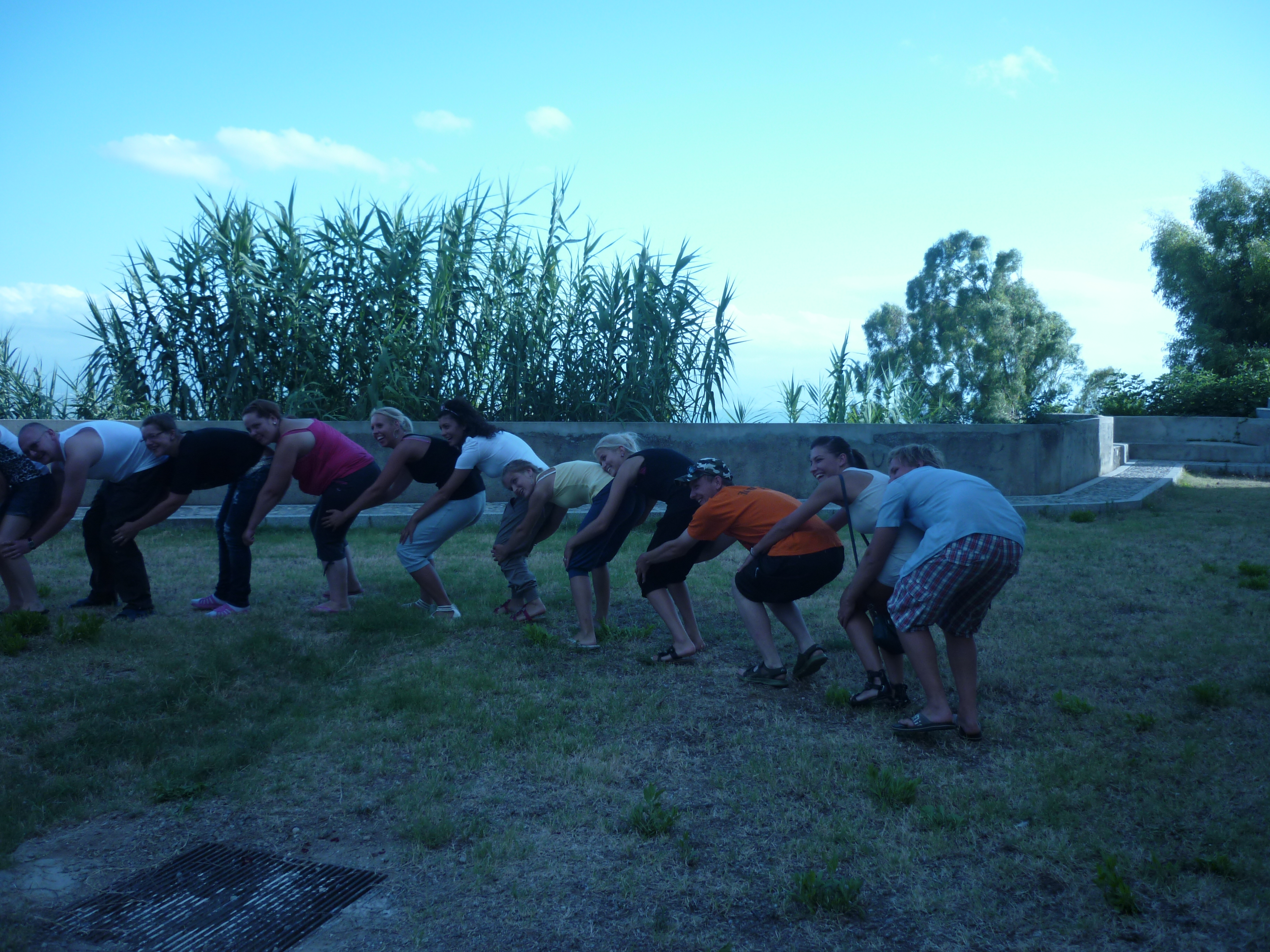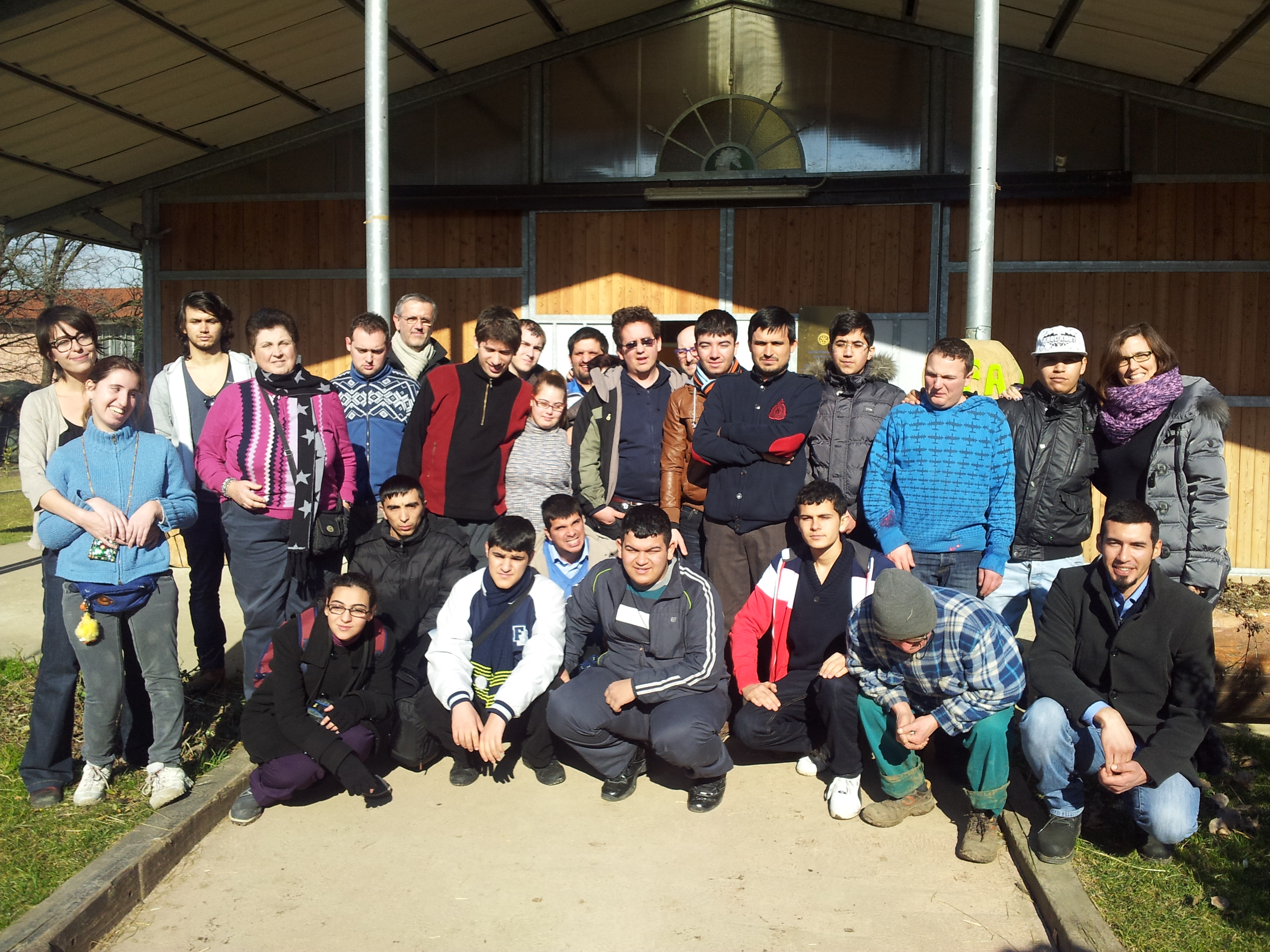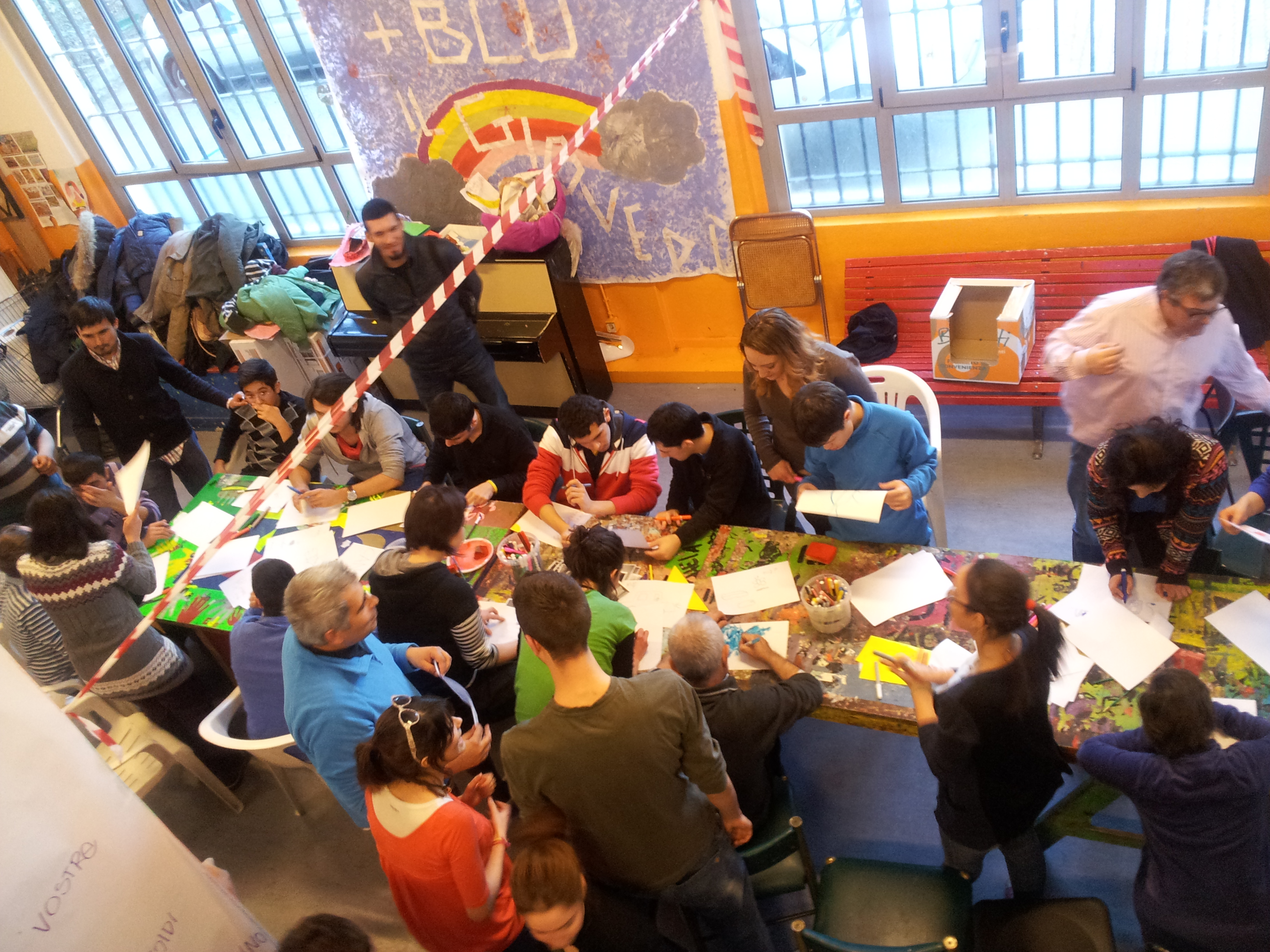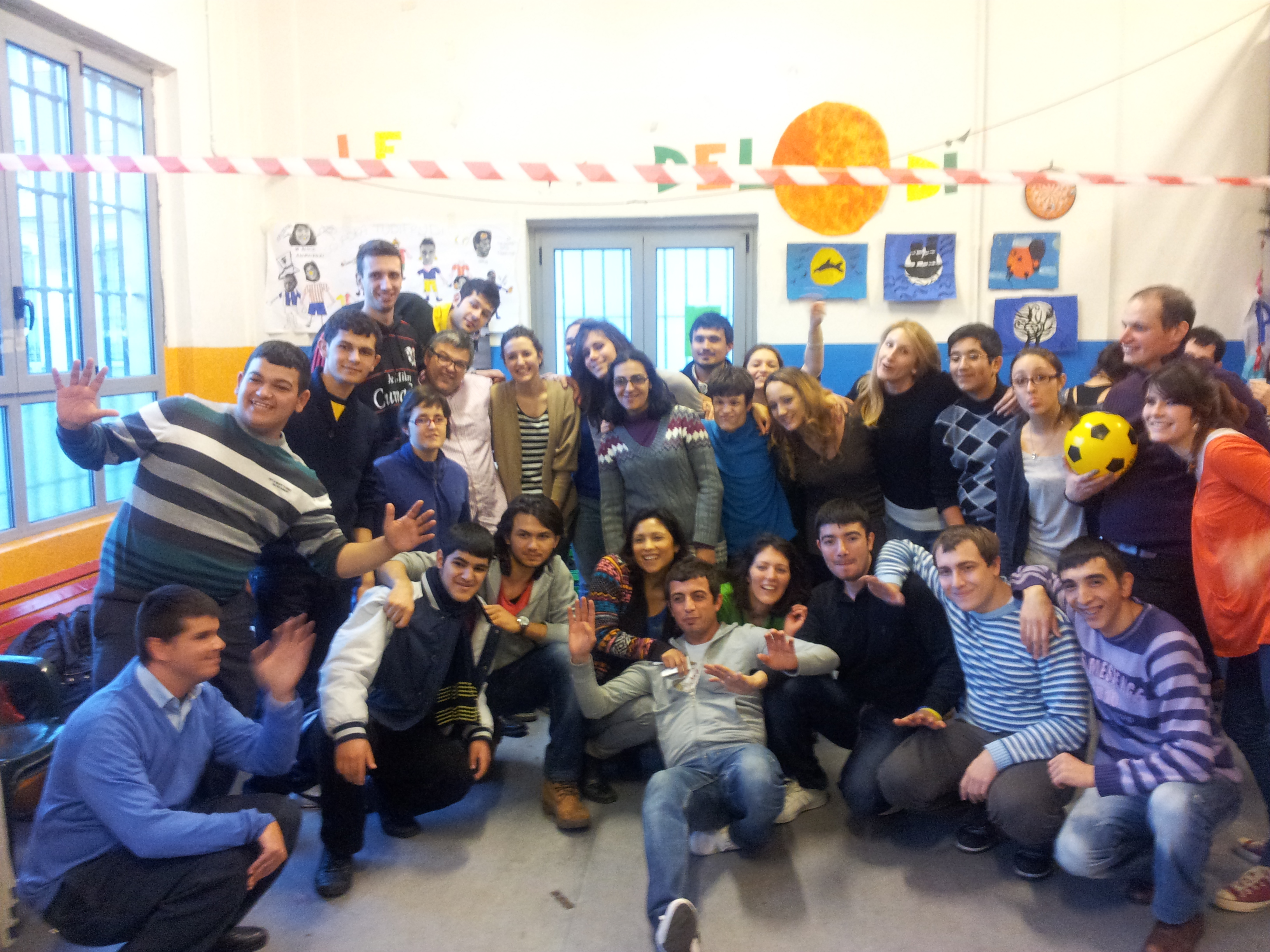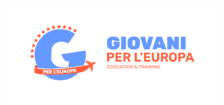INNOVATIVE TEACHING METHODS IN STUDENTS WITH MENTAL DISABILITIES
Description
This training course in “INNOVATIVE TEACHING METHODS IN STUDENTS WITH MENTAL DISABILITIES” aims to develop in teachers professional competences. A teacher of students with mental disabilities has to be abreast of the innovations in teaching methods. In order to be effective, a teacher of disabilities has to be a source of information, and a guide, an organizer of opportunities for learning and a person who can stimulate any environment for effective learning using the following teaching modes. This course includes practical lessons, field works, thinking tools, cultural visits, technical visits, meeting with experts. Many practical tools and materials both for trainers and trainees will be supplied and at the end certificates will be delivered, as requested in Erasmus Plus Programme.
Objectives
- To give participants an adequate grounding in “Innovative Teaching Methods in Students with Mental Disabilities”.
- To understand basically child psychology and its development.
- Learn to develop in student’s mind problem-solving abilities
- Which behaviors is better to adopt in the classroom, in order that guys adopt good social practices.
- To stimulate moral and ethical education
- How to support different kind of Mental Disabilities
Methodology: In the framework of Erasmus Plus Programme, we are going to develop our courses based in both formal and informal education methodologies. We’ll start with an introduction of the new methodology and also with a theoretical approach. In order to stimulate the active participation of them we will use dynamic activities, like: study cases, conferences with responsible staff of enterprises; discussions in the classroom with directors of private institutes; role-plays; guidelines, technical visits to the laboratories and schools.
Programme
1st Day: Transfer from the airport to accommodation and room allocation. Welcome Meeting. Rules applicable in Italy, information about the city and general information about the Programme. Managing participant’s expectations about the “Innovative Teaching Methods in Students with Mental Disabilities” course.
2nd Day: Presentation of the Italian educational system. Detailed study about the development of Social Cognitive Method. Some specific cases in Italy, video conference with expert educators.
3rd Day: First lesson: Specific Lesson with experts about “Child Development: The Early Years, Childcare, Health & Nutrition”. Human Tendencies, Sensitive Periods and the Brain.
4th Day: An introduction to Psychology on students with disability and its Development with a psychologist.
5th Day: Meeting with an expert in the field of disability: an explanation on how to address students with disabilities into the world of work. Visit to a center for disabled people, which offers personalized training aimed at integrating social and work in areas such as business services, catering, crafts.
6th Day: Free time and cultural activities.
7th Day: Free time and cultural activities.
8th Day: Second lesson: Visit to a center for disabled people, which offers personalized training aimed at integrating social and work in areas such as business services, catering, crafts.
9th Day: Technical and schools visits. Meeting with the directors of some vocational schools. Question Time with students and staff. Meeting with some assistant teachers who work with students with disabilities problems.
11th Day: Guided tour in a restaurant run by guys with disabilities. Moment of confrontation. Questions and answers.
12th Day: Technical and schools visits. Meeting with the directors of some vocational schools. Question Time with students and staff. Meeting with some assistant teachers who work with students with disabilities problems. Evaluation of the Training Course. Certificate Ceremony and overall evaluation meeting with the host organization and the beneficiaries.
13th Day: Free time and cultural activities.
14th Day: Preparing for departure.
If you need more details contact us by email: info@giovaniperleuropa.org
